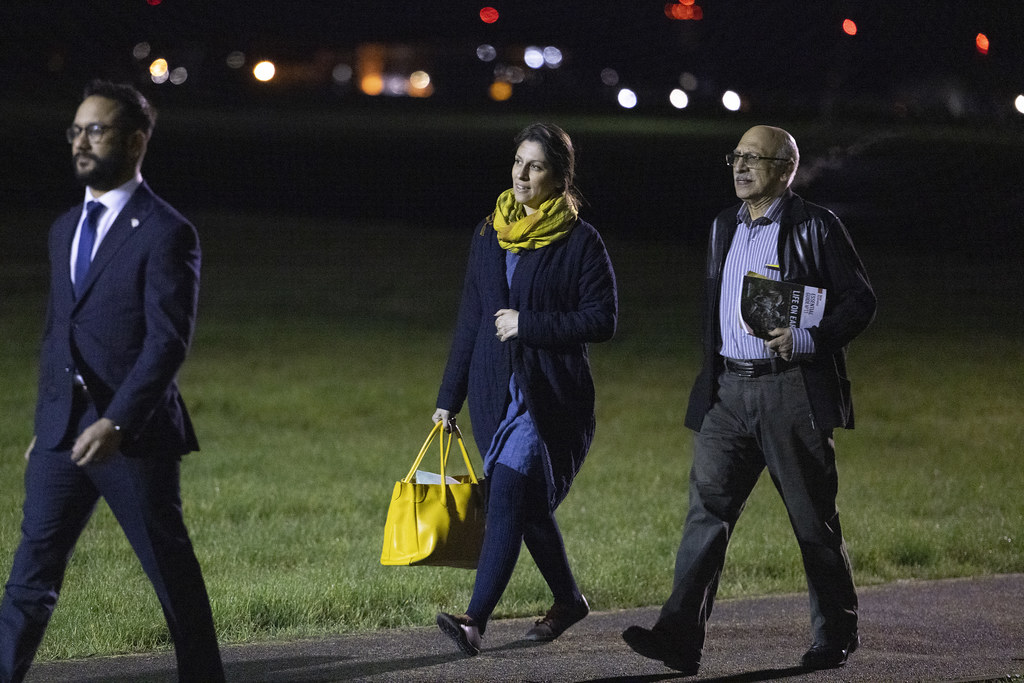LONDON (Parliament Politics Magazine) – MPs will investigate why governments delayed paying a debt to Iran while knowing that doing so would likely result in the release of two British-Iranian detainees.
The Foreign Affairs Select Committee confirmed that an investigation will be launched, saying that Nazanin Zaghari-Ratcliffe and Anoosheh Ashoori deserved to know the truth. Both were freed and came back to the UK from Iran a fortnight ago after paying a £400 million debt with the understanding that the money would be utilised for humanitarian causes.
After years of detention in exceptionally terrible conditions, Nazanin and Anoosheh were right to call for answers, said Tom Tugendhat, the committee’s chair. The couple had been detained for nearly six years and over four years in Iran respectively.
Alistair Burt, the Middle East minister, has already written to the committee, claiming that he has spoken with Iranian ministers who have repeatedly warned him that the UK’s failure to pay the debt is making it more difficult to achieve the dual citizens’ release. He claimed that within the administration, he argued that the £400 million was not a ransom, but rather an internationally recognised debt.
Despite accepting Iranian funds, the UK only delivered 175 of the tanks after a revolutionary regime took control of Iran in 1979.
The Labour MP for Zaghari-Ratcliffe, Tulip Siddiq, had called for a select committee investigation into the Foreign Office’s handling of the matter. understood that the Foreign Office couldn’t be held responsible for the arbitrary incarceration of its citizens overseas, but it also couldn’t escape scrutiny and challenge for its apparent failures in securing their release – particularly from Iran, she said.
Other countries, like Australia, France, Germany, Canada, and the United States, have had more success in achieving the equitable treatment and release of prisoners detained on false accusations for leverage.
“Nazanin’s husband, Richard, and I have known from the beginning that Nazanin’s detention was tied to the past debt we owed to Iran, but it took many years of pressure to eventually address this.” Nazanin was handcuffed, blindfolded, interrogated, and subjected to solitary confinement, sleep deprivation, and torture while in Iran. The government faces major concerns about why an innocent British citizen was used as a pawn in a political conflict between two countries was allowed to happen.
“The investigation should look into why the ostensibly agreed deal between the UK and Iran in 2021 to settle the debt and send Nazanin home failed.”





